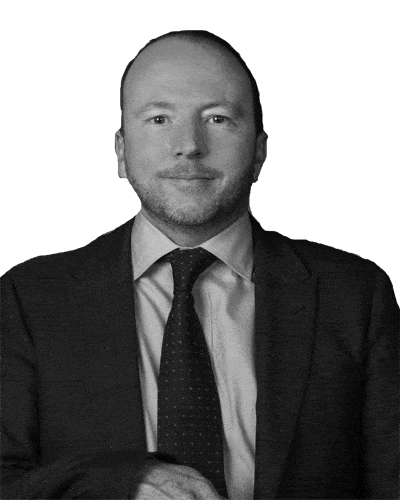How would you define your firm’s culture and how important is firm culture to you?
Curtis is the world’s longest established international law firm. It is New York headquartered, but extremely international in its outlook. Curtis recruits the brightest lawyers from diverse backgrounds a large proportion of our partners in the US and elsewhere are linguists, which is unusual. I speak English and Japanese myself, and monoglots are the exception rather than the rule.
I was struck by the culture of the firm from the moment I joined you can feel it in all of our global offices. The firm is large, but has managed to maintain a collegiality and personalised client focus that is rare in many international law firms. Many of us visit other offices regularly, or welcome colleagues to our own. We work across our international offices to tailor solutions for our clients. The thread that runs through all our offices is exceptional service. We have longstanding relationships with our clients, built on trust, and our clients value this.
What’s the main change you’ve made in the past few years that will benefit clients?
In the Middle East we have focused on our regional thinking and working. Our Muscat and Dubai offices cooperate to serve the GCC and the greater region and we aim to support our clients, wherever they are doing business. Thus, we have integrated our teams into their teams so that we are assisting businesses globally, and anticipating issues before problems arise. In addition, we understand the challenges facing the region in various sectors at the moment, and craft innovative solutions to make legal services more accessible and cost effective.
What are the biggest challenges facing firms of your size in Oman?
Lower oil prices have changed the financial landscape across the region in all industry sectors. There is still a lot of new investment and interest in the region, but as with all industries, it is necessary to find efficiencies in what we do. I have a positive outlook, and see challenges as an opportunity to better serve our clients.
What do you do differently from your peers?
Our Oman team is notable for the level of integration with our clients’ teams in comparison with other Oman-based international law firms. All senior lawyers in the Oman and Dubai offices have worked together in the Middle East over years in our Oman office, international-qualified and Omani lawyers have, in many cases, practised together for over a decade. It’s not just the knowledge of local law, but also of procedures and local custom, which set us apart from our peers. We do not use our Middle East offices as training grounds for those from other jurisdictions, but field seasoned Middle East practitioners. This is something our clients appreciate, as they are guaranteed the deepest knowledge of the legal jurisdiction available. With this as a base, we can focus on the creative, sophisticated, yet pragmatic solutions to our clients’ challenges that they value so highly.
What do you think are the top three things most clients want and why?
-
- A partnership based on trust, and in-depth understanding of the client’s goals and requirements. As in all aspects of life, relationships are key. The best result for a client is tailored, based on an in-depth understanding of their business and industry sector in combination with their short- and long-term goals.
- Clear, commercially valuable advice provided in a timely fashion. Legal advice has to add value.
- Results. In my experience, the best results flow from getting the above two elements correct.
How can law firms best encourage innovation?
The key is to listen to your clients. The answer to innovation is most often right in front of you. By regularly asking our clients what they need, and what developments we can make to improve their interaction with us as their lawyers, we are constantly innovating and meeting our clients’ needs.
Is technology changing the way you interact with clients and the services you provide them? Yes, we communicate with our clients through most online forums. We invest heavily in technology and use it where it is helpful in our transactions and tribunal proceedings. We maintain the only online legal blog/client alert service in Oman. This allows us to keep in touch with our clients and update them on relevant changes in law immediately.
What advice would you give to the next generation of partners looking to rise the ranks?
Not to focus on ‘rising through the ranks’. It’s not an end in itself. Career success will come if you keep your focus squarely on your clients and their needs. This means looking after your relationships and making sure that your advice stays commercially valuable and helpful to them in meeting their objectives.
How has your involvement in client-facing work changed since becoming managing partner?
Since becoming managing partner I have been able to interact more with clients across all our practice areas, and take a more integrated approach to my practice. By being able to maintain closer relationships with clients, I am better able to identify how we as a firm can best service their needs. I enjoy being able to build teams to tailor solutions across practice areas.
